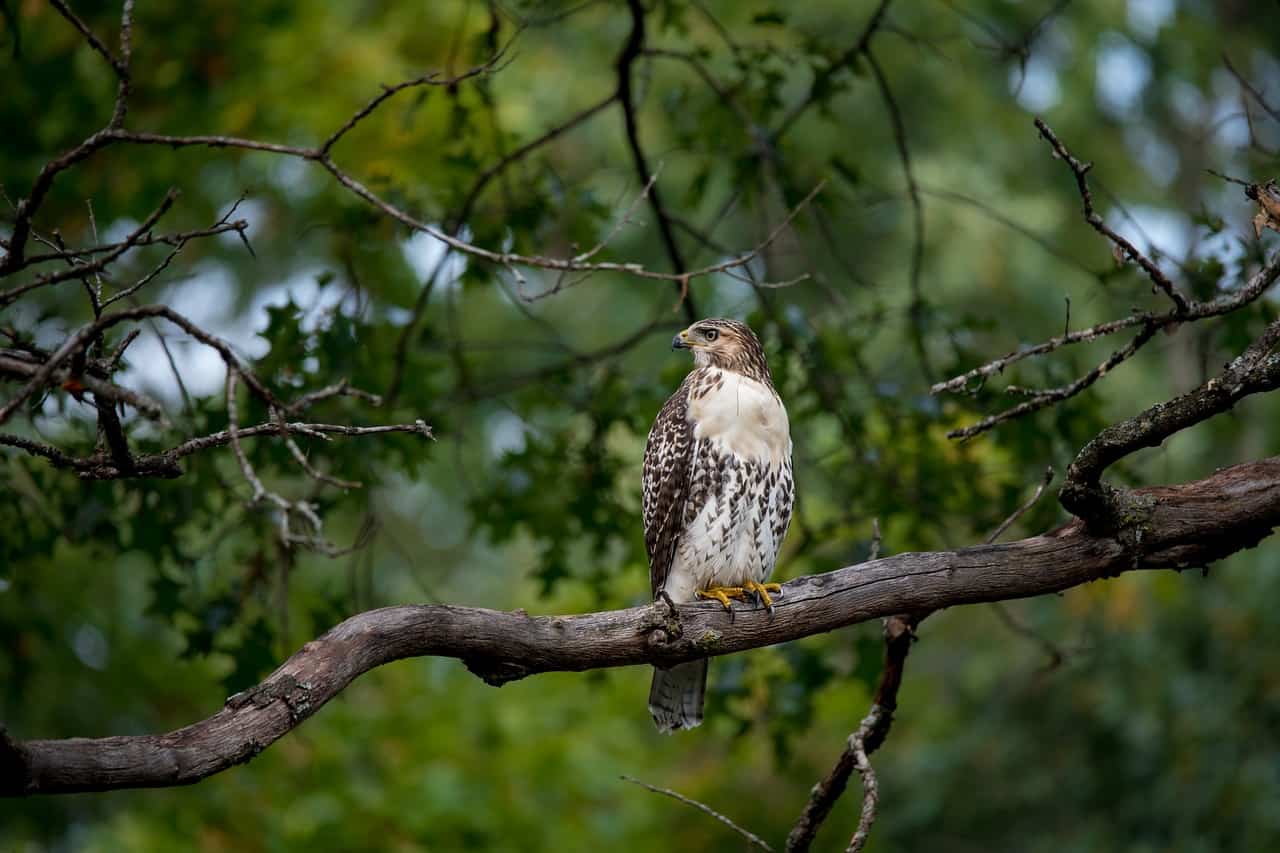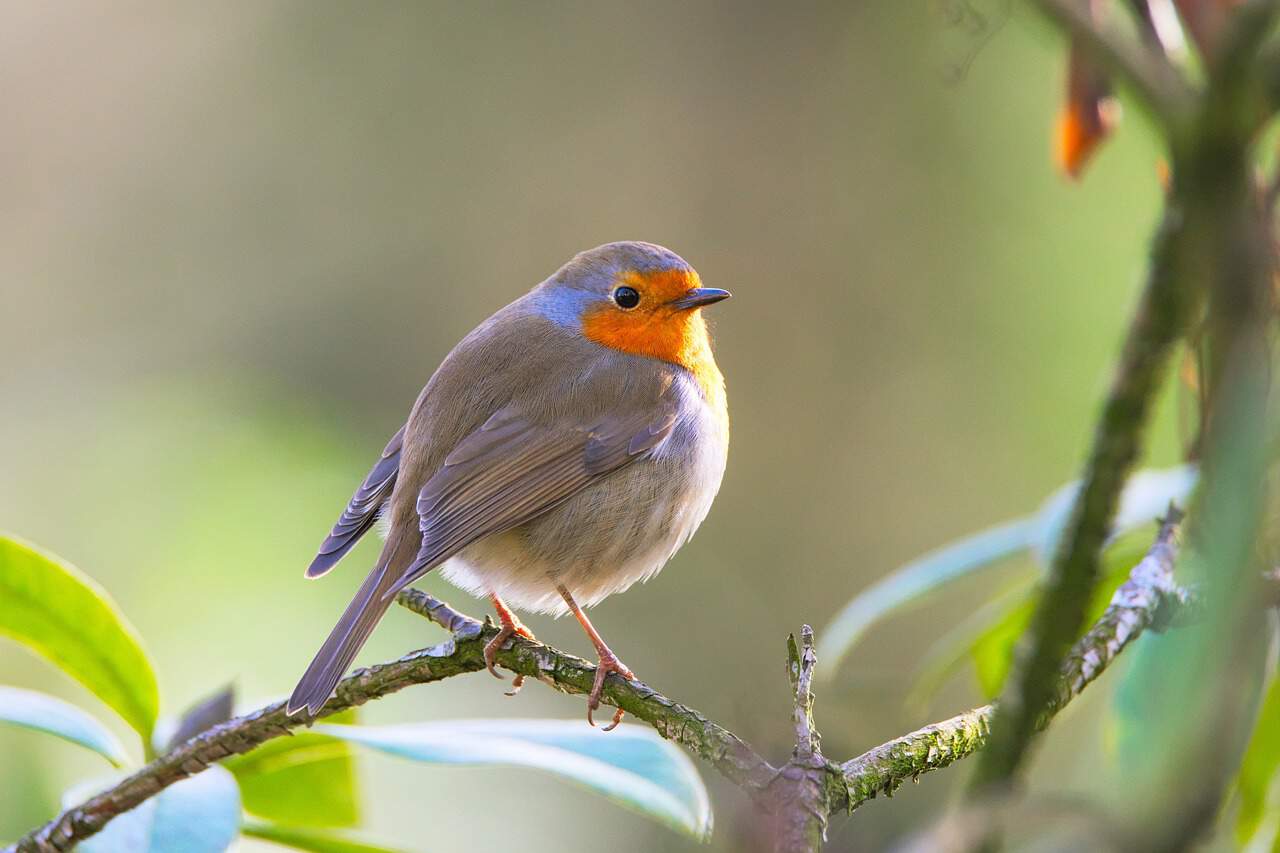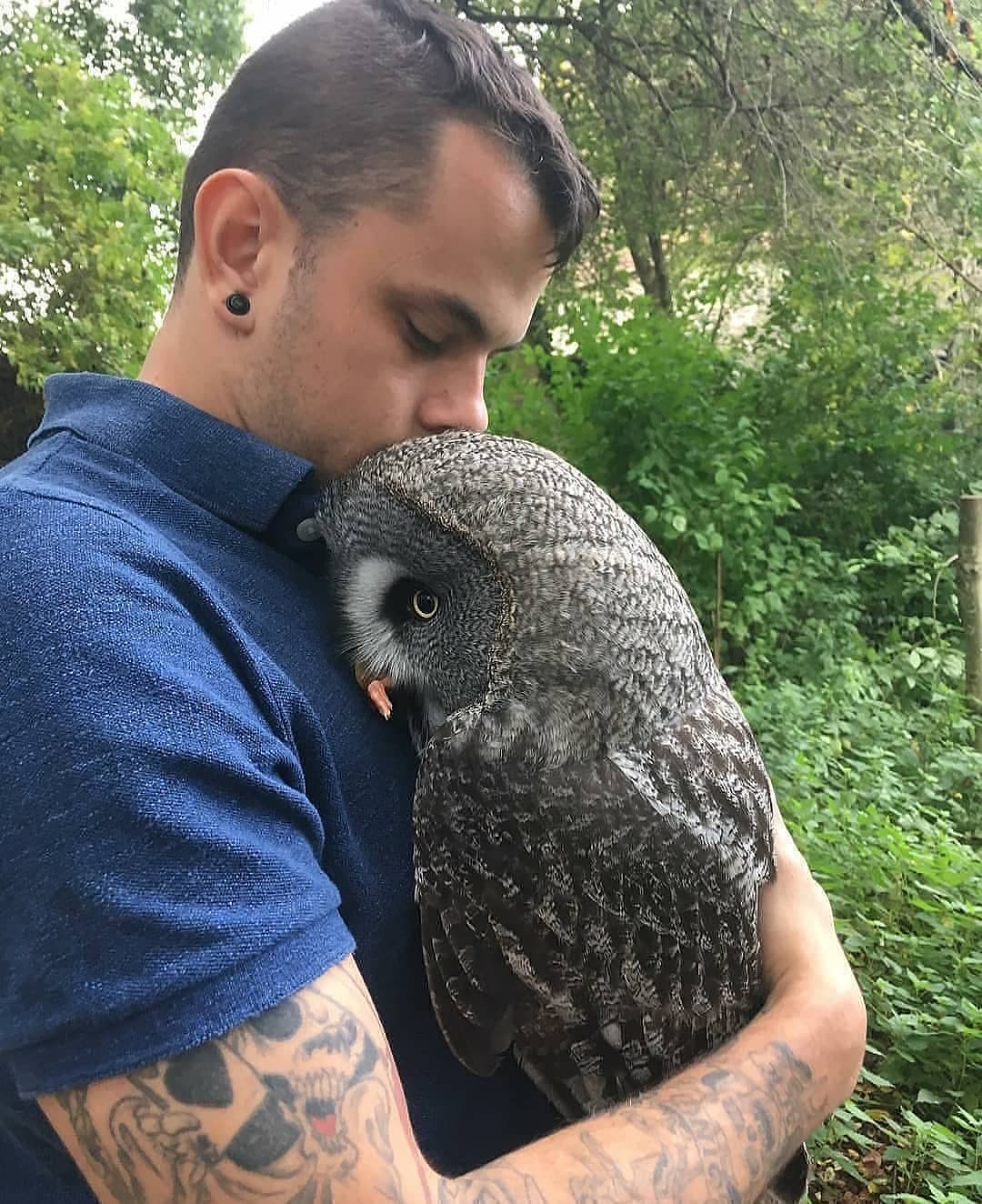Have you ever wondered if hawks eat robins? If you are a bird lover, this question might pop into your mind. Hawks are fascinating creatures and they can be ferocious at times.
Given its attribute, it’s common to have questions in mind like “Do hawks eat robins?”.
In this blog, we will answer this question, also we will discuss their unique behaviors toward robins and their feeding habit. Read on to explore!
Do Hawks Go After Robins?

Hawks are formidable hunters, they are known for their ability to precision strikes and ariel agility. They have a diverse diet which includes small mammals, reptiles, and even smaller birds. Due to this fact, it’s not uncommon that they also target robins.
Robins have unique ground-dwelling habits and distinctive red coloration throughout the body, which grabs the attractions of hawks. When hawks search for food, robins become victims due to their body attributes.
When hawks confront robins, their predatory instincts come into action and hence they hunt them. Hawks are really clever and opportunistic when it comes to hunting for food. They often target animals that are especially weak or don’t add complexity while hunting.
Hawks have a wide range of diet habit and solely depends on food availability. Their powerful talons help them to kill any prey instantly.
When hawks spot robins, they will evaluate the size, behavior, or situation to determine if it is an easy target. However, hawks preying attempt isn’t always successful as the robins have their own defense and can sometimes ditch the attack.
What Type Of Hawk Eats Robins?
Hawks have a diverse group of species; each has their own unique way of hunting. Some species are more likely to hunt robins than others. One such is Cooper’s hawks, which are medium-sized hawks known for their hunting ability through dense vegetation, where mostly robins stay.
While all cooper hawks don’t include robins in their diet but due to availability and ease of hunting they may target them.
Another hawk species is sharp-shinned hawk. They are pretty much similar to cooper hawks but come in a smaller size. These hawks have been observed hunting small birds, robins, and other reptiles. They live in the forest and roam around trees and shrubs.
Like sharp-shinned hawks, the red-tailed hawks are attracted to robins too. Red-tailed hawks are majestic birds and have very large bodies. Their red-tailed body attributes make it easy to recognize them. They are also highly adaptable creatures and can include a range of diets in their food source.
It’s important to understand that while all hawks have a preference for robins, but its not limited to this particular species. They will look for opportunities, and if the situation permits, they will prey on them.
Do Red-Tailed Hawks Eat Robins?

Red-tailed hawks are one of the most common hawks in North America. These majestic birds are very fierce and feed on anything that they come across. They are known for preying on robins and small birds.
Red-tailed hawks have keen eyesight, soaring flight, and powerful beaks that make them highly effective predators. Their ability to prey on targets from great heights with speed and accuracy is truly phenomenal.
Red-tailed hawks are attracted to vibrant colors, which makes robins vulnerable to them. Robin’s distinctive behavior, such as roaming in open spaces, yards, parks, and fields, makes them an easy target for these majestic creatures.
Red-tail hawks are known to attack their prey from perches, ambush, or from above. Their powerful talons and hooked beaks help them secure their catch even on speed.
These hawks are versatile and help maintain the balance of the ecosystem by hunting small birds, mammals, reptiles, etc.
Do Hawks Eat Baby Robins?
Yes, hawks are opportunistic, and if they get a chance, they will hunt baby robins. Baby robins are known as fledglings, and they are tiny little creatures that aren’t experienced in defense when hawks come for hunting.
When robins leave their nest to hunt food, their babies become vulnerable to all sorts of predators including hawks. They aren’t able to fly as they have not fully developed their wings and recognize predators hence they become easy targets for hawks.
Hawks will often travel through areas where there are lots of bird nests. When hawks spot the baby robins, they will swoop down with lightning speed and seize the baby robins with their sharp talons. Their incredible speed and hunting prowess will leave little chance for the babies to escape.
While this can be intimidating to consider that baby robins get hunted by hawks cruelly, this is a part of nature and how they survive preying on each other to balance the ecosystem.
Do Hawks Eat Robin Eggs?
Hawks being opportunistic birds, will take advantage of any available food source. This includes robin eggs, baby robins, or even robins themselves. Robin eggs are nutrient-rich food that they will occasionally take for their well-being.
Robins usually build their nest in trees, bushes, or other places where they can protect their eggs from preying on ground-dwelling predators. However, this doesn’t always prevent hawks from accessing their nest, since hawks have powerful beaks and talons which they can use to break into robins’ nest.
Hawks may wait patiently to find an opportunity when the mommy robins leave the nest to hunt food. They will observe the behavior and bidding time until they find the right time to attack. They will quickly swoop in and snatch the eggs or offspring that are left alone.
Hawks may consume robins’ eggs but this behavior is not only limited to robins but also the other birds when the food is readily available.
Do Hawks Eat Dead Robins?
Hawks are carnivorous animals, they will eat live or dead foods. Although hawks are commonly seen to hunt live animals when there is an easy food source they will eat them too.
Dead robins can be a great source of food for the hawks. If they capture dead robins in an open field, they will take a chance to enjoy the meal. They have a natural instinct to hunt food from high in the air. Their powerful eyesight allows them to capture food easily.
The presence of dead robins can attract hawks due to the scent and easy source of diet, especially when a hawk doesn’t need any effort to hunt down the living prey.
Hawk’s strong beaks and talons help them tear through flesh and consume their prey, whether it’s living or dead. This adaptable hunting habit is crucial for their survival especially when there is an extreme situation.
Conclusion
Hawks are opportunistic predators, they eat robins, their eggs, or even when they are dead. This habit of hawks is crucial for our ecosystem as they help balance the complex web of wildlife.
Understanding their behavior and protecting them can aid in their sustainability and preserve their existence. So, next time you spot a hawk soaring through the sky or near Robin’s nest, remember this is a part of nature’s beauty.

